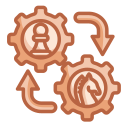Tai Chi: Balancing Mind and Body in Training
Chosen theme: Tai Chi: Balancing Mind and Body in Training. Step into a calm, focused practice that unites breath, posture, and intention. Explore routines, stories, and science, and join our community to learn, reflect, and grow—one mindful movement at a time.
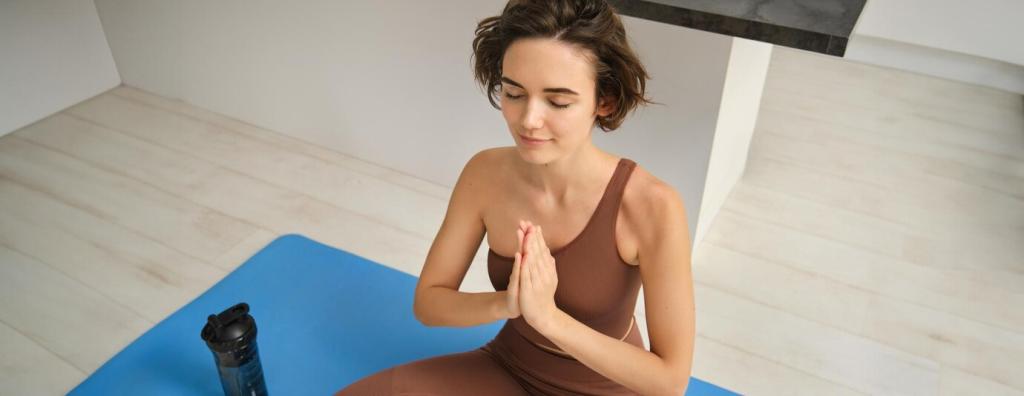
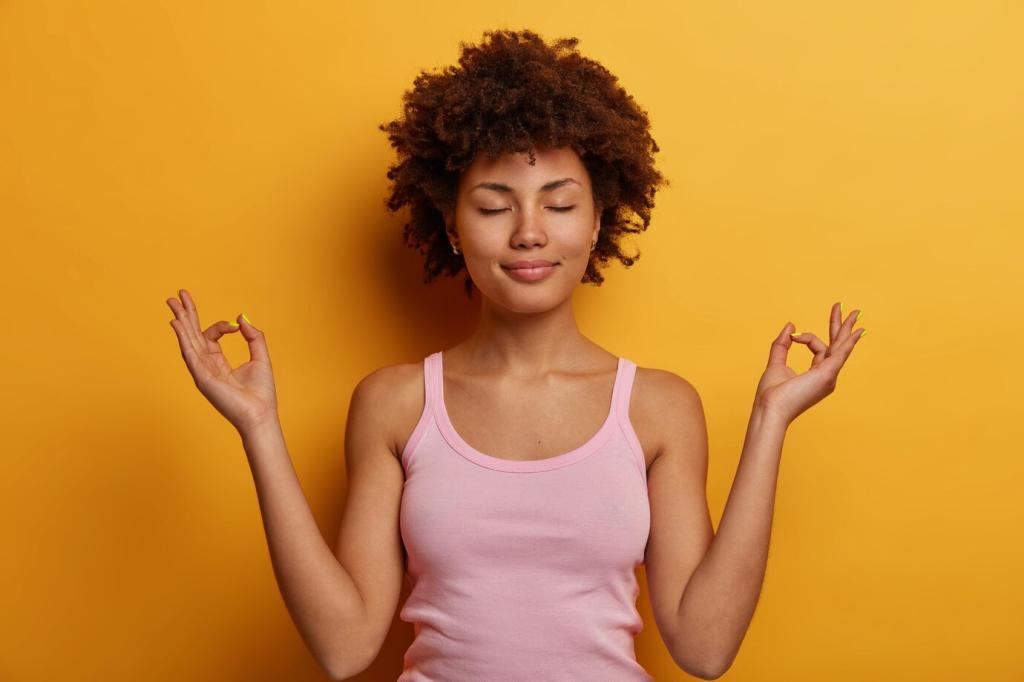
Foundations of Balance in Tai Chi Training
Balance begins when breath and posture meet. Let your inhale lift the crown gently, your exhale soften the shoulders, and your ribs float over relaxed hips. Share how your breathing feels today, and subscribe for weekly posture drills to keep your practice steady.
Foundations of Balance in Tai Chi Training
Imagine roots sinking from your soles into the earth as your knees unlock and your weight spreads evenly. This grounded feeling turns wobble into steadiness. Tell us which surface helps you most—grass, wood, or mat—and comment with your favorite grounding cue.
A Practical Daily Routine for Mind–Body Harmony
Begin with gentle spinal waves, shoulder rolls, and soft shaking to invite circulation and loosen anxiety. Keep your jaw relaxed and your breath slow. Post your go-to warm-up in the comments, and follow us for a printable sequence you can keep by your mat.
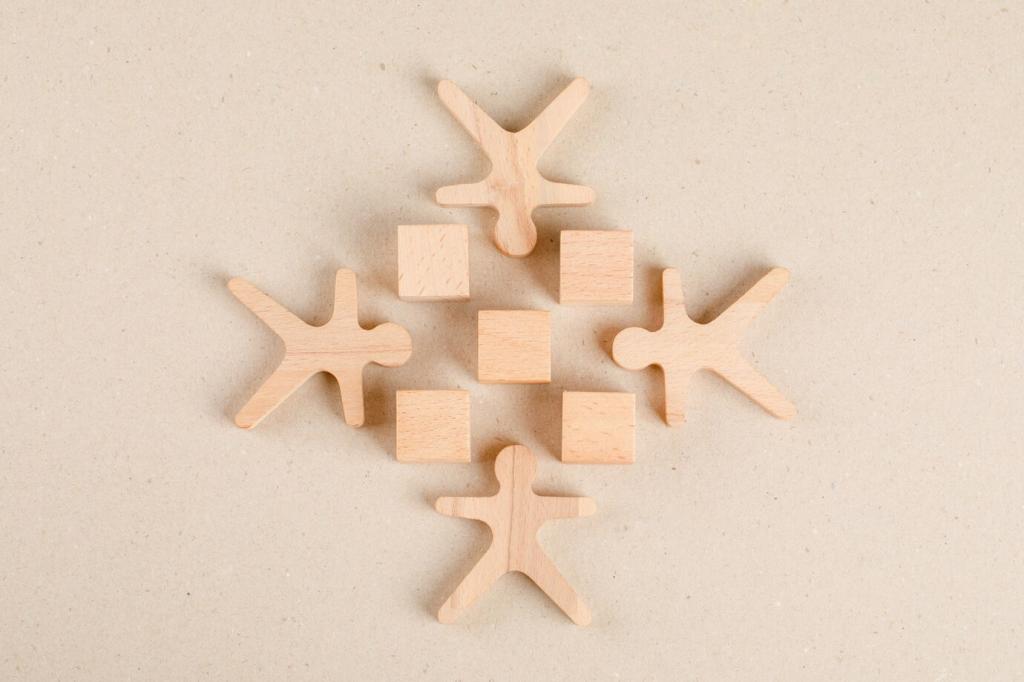
A Practical Daily Routine for Mind–Body Harmony
Practice a slow lap through part of the Yang 24, focusing on transitions rather than poses. The space between steps is where balance is trained. Share which transition challenges you most, and tag a friend to try it with you this week for accountability.
Mindfulness in Motion
Let your gaze soften as if you are looking at a distant horizon. See more without staring. Spacious attention helps sense small shifts before you tip. Tell us where your eyes focus in your form, and join our updates for focus drills that enhance balance.
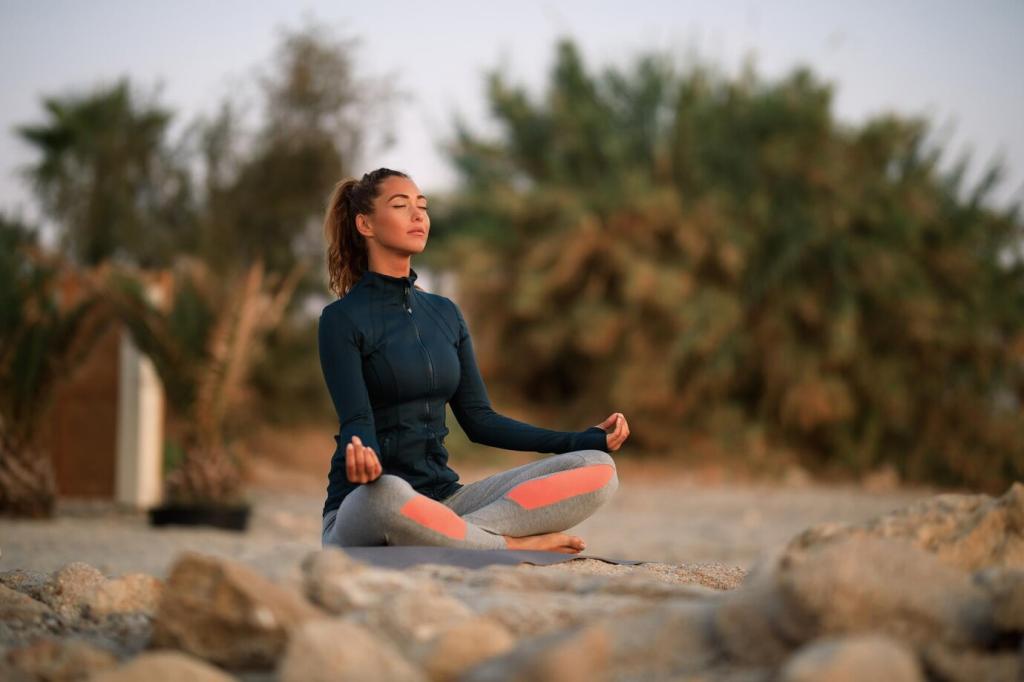
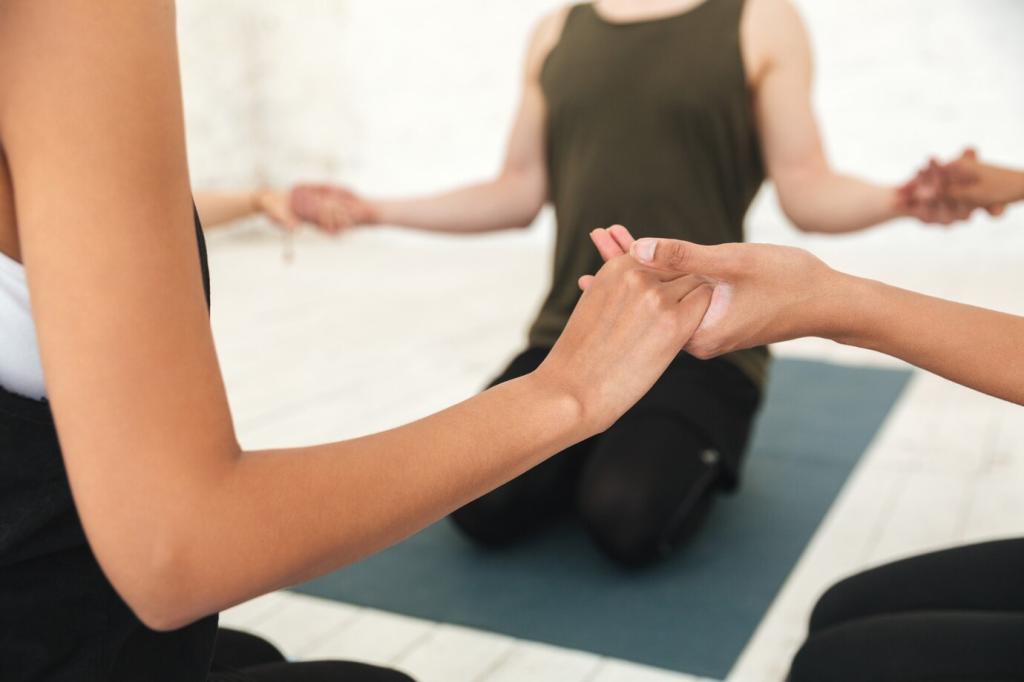

What Research and Tradition Suggest
Multiple studies suggest Tai Chi improves proprioception and postural control, supporting steadier gait and fewer balance losses in daily life. Tradition echoes this through rooting drills and mindful stepping. Share your progress milestones and help inspire new practitioners to stay consistent.
What Research and Tradition Suggest
Slow rhythmic movement and breathing may support a calmer nervous system and healthier heart rate variability patterns. Practitioners often report clearer thinking after practice. Do you feel more centered after a session? Tell us why, and subscribe for guided calm-breath audio.
Community Energy and Support
Commit to five minutes daily of slow stepping, eyes soft, breath steady. Post a quick reflection each day. We will feature selected insights in our next roundup—join the challenge, tag a friend, and subscribe to receive daily prompts directly in your inbox.
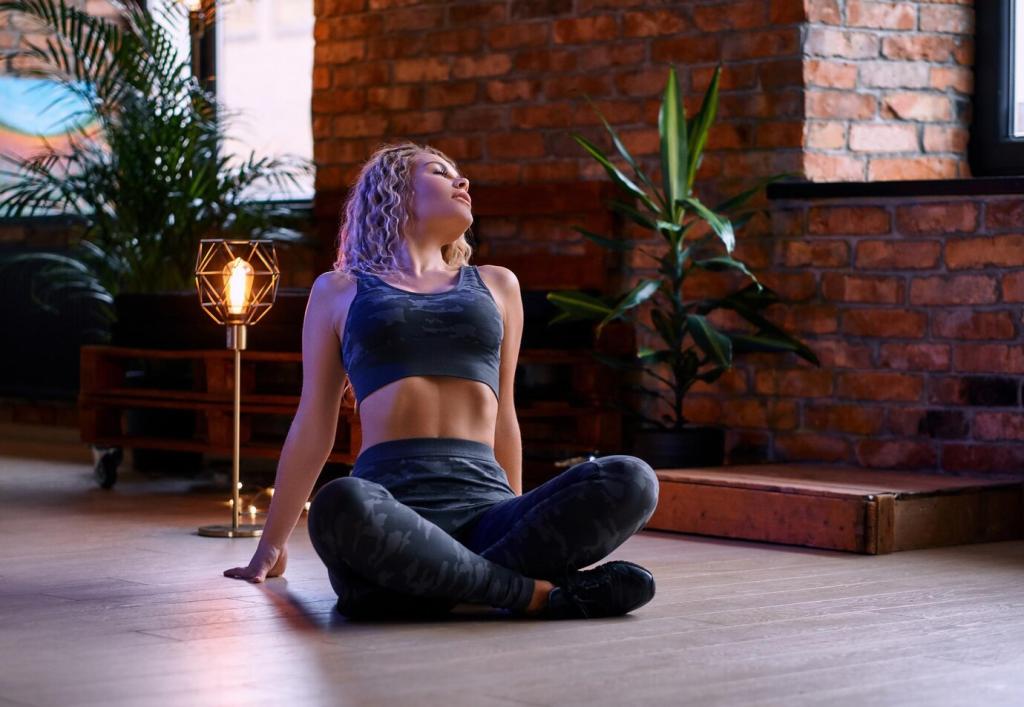
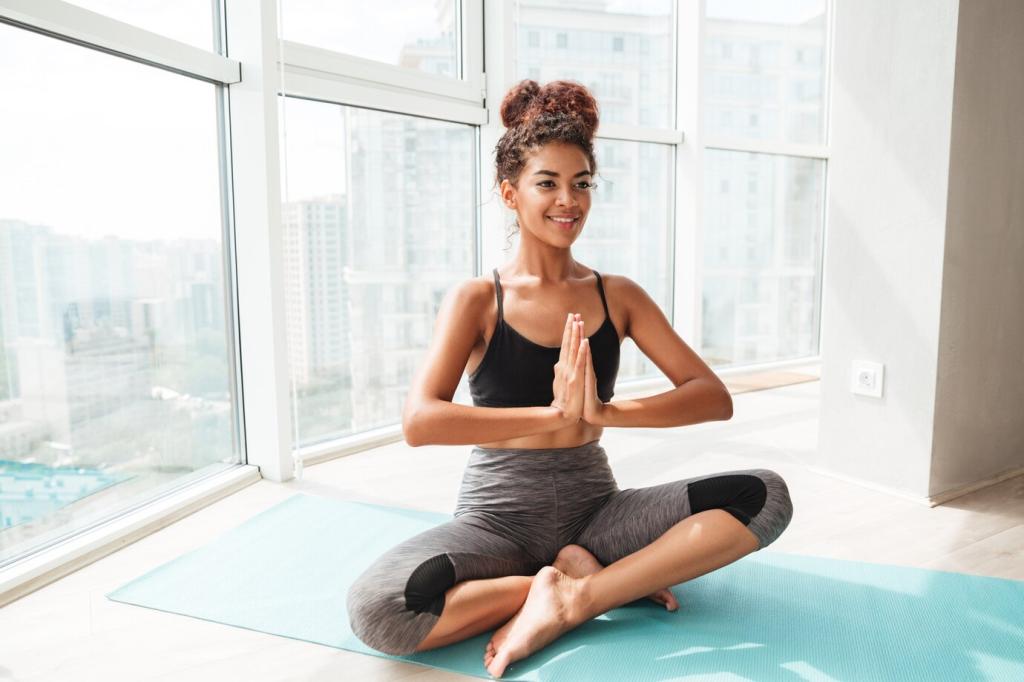
A Short Story From the Path
Mara arrived early, city still yawning, dew stitching silver threads across the grass. Her first step wavered, then softened as breath reached her heels. She smiled at the quiet. Share your sunrise ritual, and subscribe if you want more practice stories like this.
A Short Story From the Path
Mid-form, her ankle whispered a wobble. Instead of freezing, she laughed, softened her knees, and let her spine float. The next step landed quiet and sure. Comment with your last breakthrough moment, however small; your story might help someone keep going.
Going Deeper Without Losing Gentleness
Explore spiraling motions from foot to hand, feeling a single thread run through your body. Keep the shoulders low and the hips supple. Post which spiral drill clarifies your balance most, and subscribe for a spiral mini-series with slow, guided cues.
Partner sensitivity teaches balance under changing pressure. Listen through your forearms, redirect gently, and avoid bracing. If you practice solo, try imaginary partner timing. Share your favorite push hands lesson or question below to help others enter this practice thoughtfully.
Even when exploring martial roots, keep safety and compassion first. Apply angles, not force; timing, not tension. Consider each drill a conversation, not a contest. Comment your safety agreements, and follow for a downloadable checklist to keep training respectful and effective.

